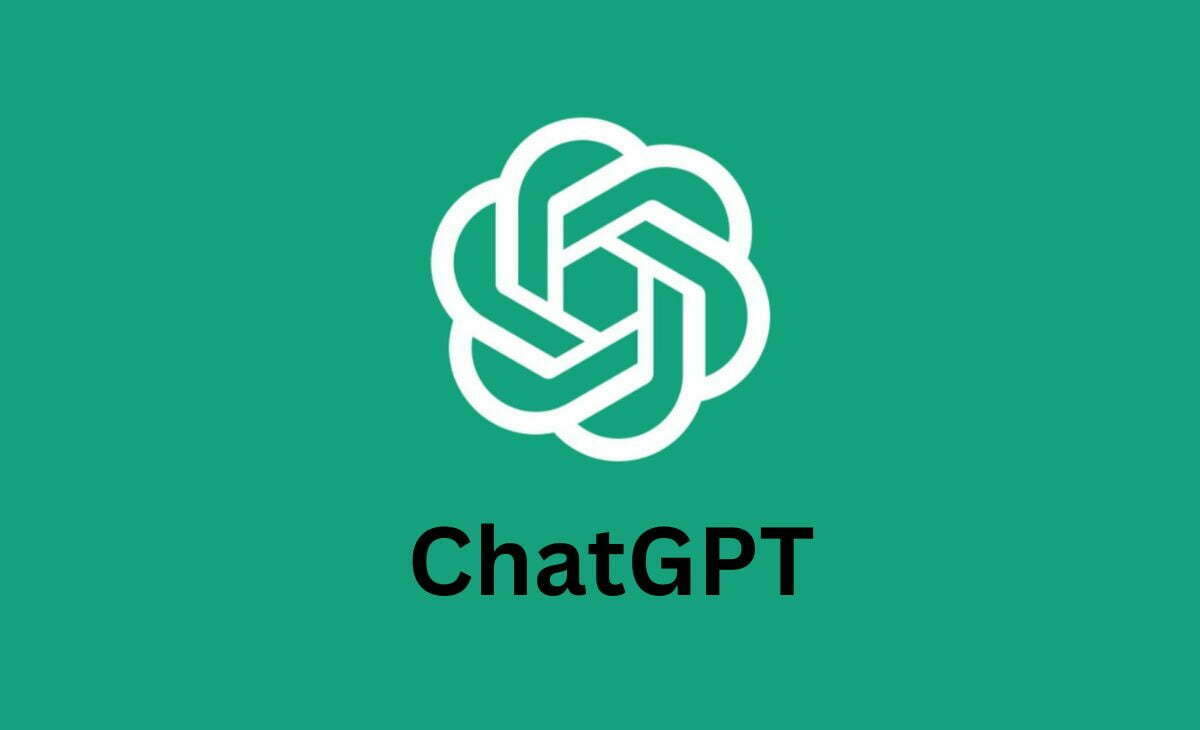Artificial Intelligence is taking our world by storm and it brings about a whole new set of ethical and spiritual questions.
To help students and faculty try and reconcile some of these issues and to shed some light on the nature and purpose of AI, a discussion was held in the Student Center on Sept. 5 entitled “When ChatGPT Cries Out to the Lord: AI and Human Agency.” Mediated by Philosophy Professor Claire Peterson, the panel consisted of President Kevin Brown, Professor of New Testament Dr. Suzanne Nicholson and Professor of Philosophy Dr. Sydney Penner.
After beginning the conversation by talking about what AI is essentially capable of doing, the panelists began to discuss some of the concerns that are raised when it comes to the usage of ChatGPT and other artificial intelligence.
“One of the questions with automation and technology has always been ‘Does it complement our work? Does it help us to do a task?’ – or the fear is that it will be substitutionary, not complementary. That it will actually substitute people, they will be out of work, and then we’ll have this kind of, like, social chaos,” Brown said.
“This is unlike any other technology that we have experienced before and it clearly can touch our lives in really dramatic ways,” Brown said. “The examples are infinite of the different things and applications that it can do that are freakishly human insofar as we allow it to be.”
One of the things that concerns Nicholson the most is the idea of people using Artificial Intelligence to write liturgies, prayers, or sermons. Rather than writing influential pieces regarding faith and allowing God to grow us while we work, we are jumping straight to the product and forsaking the process.
“We give over to this artificial intelligence something that really denies us the process, and there’s a spiritual formation that takes place in that process,” Nicholson said.
But what distinguishes us from Artificial Intelligence? Even as AI continues to progress and advance in the future, what are some consistent things humans are able to do that AI can never accomplish?
For Nicholson, the answer is pretty straightforward.
“I think the easy answer to that is: a machine can’t glorify God. A machine can’t be in a loving, kind, relationship. A machine can’t trust the Holy Spirit,” Nicholson said.
Penner explained engaging in a production process also engages us in our humanity.
“I think we live in a culture that’s super focused on productivity, so we tend to just focus on the product and what we can produce…but the process is important,” Penner said “That’s what makes us the kind of people we are.”
Perhaps the key point is trying to discern where the line is between using AI as a tool and using AI as a replacement for human thought. As we are constantly relying on the wisdom of those who have come before us, how is it different when AI is relying on the whole web of human creation?
“I think innovation is hidden when we use AI, and it’s simply repeating what is already out there,” Nicholson said.
The Artificial Intelligence discussion panel came to a close with this final question: How are we, as Christians, to continue to live in this world and not be of this world?
“I want to create, I want to love. Because love seeks to expand its own communion…and the only goal is not the end product, necessarily,” Brown said.
“Thinking about why we use any kind of AI is important…Is the thing that I am engaging in something that is going to help me to glorify God?” Nicholson asked. “Am I being genuine and authentic in the way that I’m using AI, or am I replacing authentic communications by letting AI do something for me?”
The overall takeaway came from Asbury’s president.
“It may far exceed us in capacity, but it does not exceed us in humanity,” Brown said.


